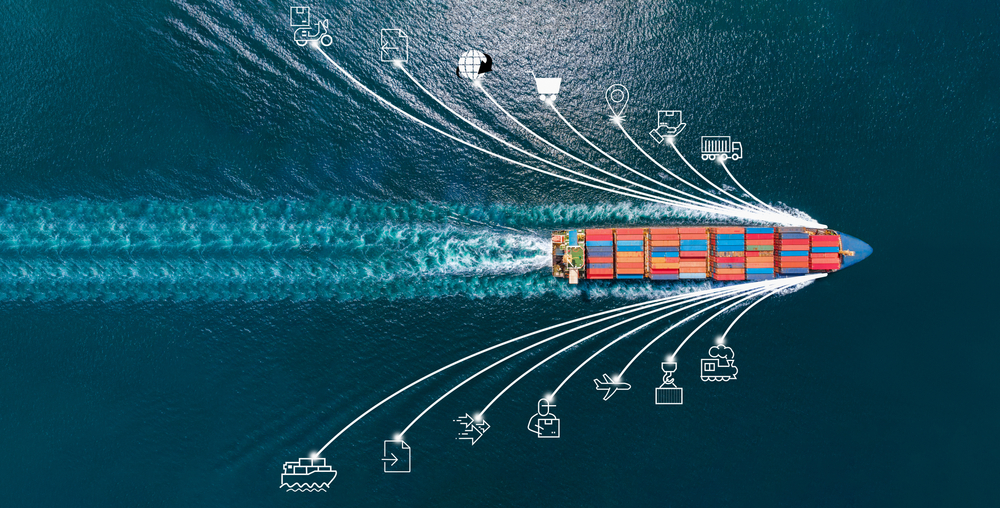Customs data: a true national asset for governments
The World Customs Organization has dedicated this year to the importance of data, and providing support to its members in using digital technologies and data analysis is helping to level the international playing field
Given its firm belief in the importance of data for evidence-based strategic decisions, the World Customs Organization has dedicated 2022 to this topic with the slogan ‘scaling up customs digital transformation by embracing a data culture and building a data ecosystem’.
Since customs administrations around the world, including those in developing countries, process a large volume of data, the WCO secretariat is working relentlessly to persuade all customs leaders to mobilise their data, not only to help them fulfil their own missions in terms of combating fraud, conducting effective risk-based controls and fighting corruption, but also to enable customs to assist governments in making better informed decisions.
Against this backdrop, in June 2022 the WCO Council, representing the organisation’s 184 member administrations, adopted the WCO Data Strategy. It is built on three pillars: data sharing, building communities of practice and providing technical assistance to members transitioning to a data-driven administration.
The strategy is aimed at involving more customs administrations in standardising and sharing data, focusing on statistical data and also more broadly on transaction-level data. Technologies, data spaces and privacy- preserving technologies offer solutions that will allow data sharing to evolve while meeting the requirements for protecting personal data. Even though the role of trade and tax statistics was already highlighted by the 2008 global financial crisis, the need to improve the availability and quality of customs statistics has received little attention.
Today, with technology enabling greater access to data and with the development of data science, governments have a better understanding of how to use customs transaction-level data. In comparison with other public actors that provide governments with financial and fiscal data, customs also collects information on economic transactions in real time and is able to provide near real-time analysis of an economic situation, which is a particularly valuable asset in times of crisis.
Better-equipped customs
These solutions are being explored with WCO members, business and academia to ensure the enhanced use of data at operational levels to boost customs efficiency and improve the quality of services offered. Customs will be better equipped to advise governments if it possesses more accurate, better quality and more timely data, and will become more transparent through an open data policy, with public data usable by the private sector.
Recognising that it is essential to harmonise and standardise the exchange of information between customs and international trade stakeholders, the WCO also advocates the use of its Data Model (see datamodel.wcoomd.org). As an international standard, it seeks to increase the supply chain’s efficiency by reducing the redundancy of data requirements and bridging supply chain fragmentation.
Although cross-border movements of goods and services have been affected by the international measures to contain the spread of Covid-19, the current conflict in Europe and the ensuing sanctions have led to higher commodity prices and inflation, coupled with further disruptions to the supply chain along multiple channels (such as foodstuffs, semiconductors and passenger logistics) that have severely affected global container traffic.
Digital technologies adoption
The responses to Covid-19 have accelerated the adoption of digital technology. Customs administrations have moved ahead more rapidly with digitalisation initiatives already under way. They have also launched new technology projects that strive to eliminate paper and cash in favour of contactless release and clearance of goods. Digital technology has also helped customs cope with the exponential growth of e-commerce. In parallel, the WCO has been researching how the Data Model can be used to ensure timely standardisation of the dataset submitted to customs by e-commerce actors.
A 2021 WCO survey on the use of the latest technologies by customs administrations showed that many WCO members are either exploring or already using blockchain, the Internet of Things, data analytics, artificial intelligence and machine learning. Building on best practices, the WCO will continue to provide assistance to its members aimed at enhancing their capacity to make wider use of digital technologies and data analysis, thereby working towards creating a level playing field among them.












